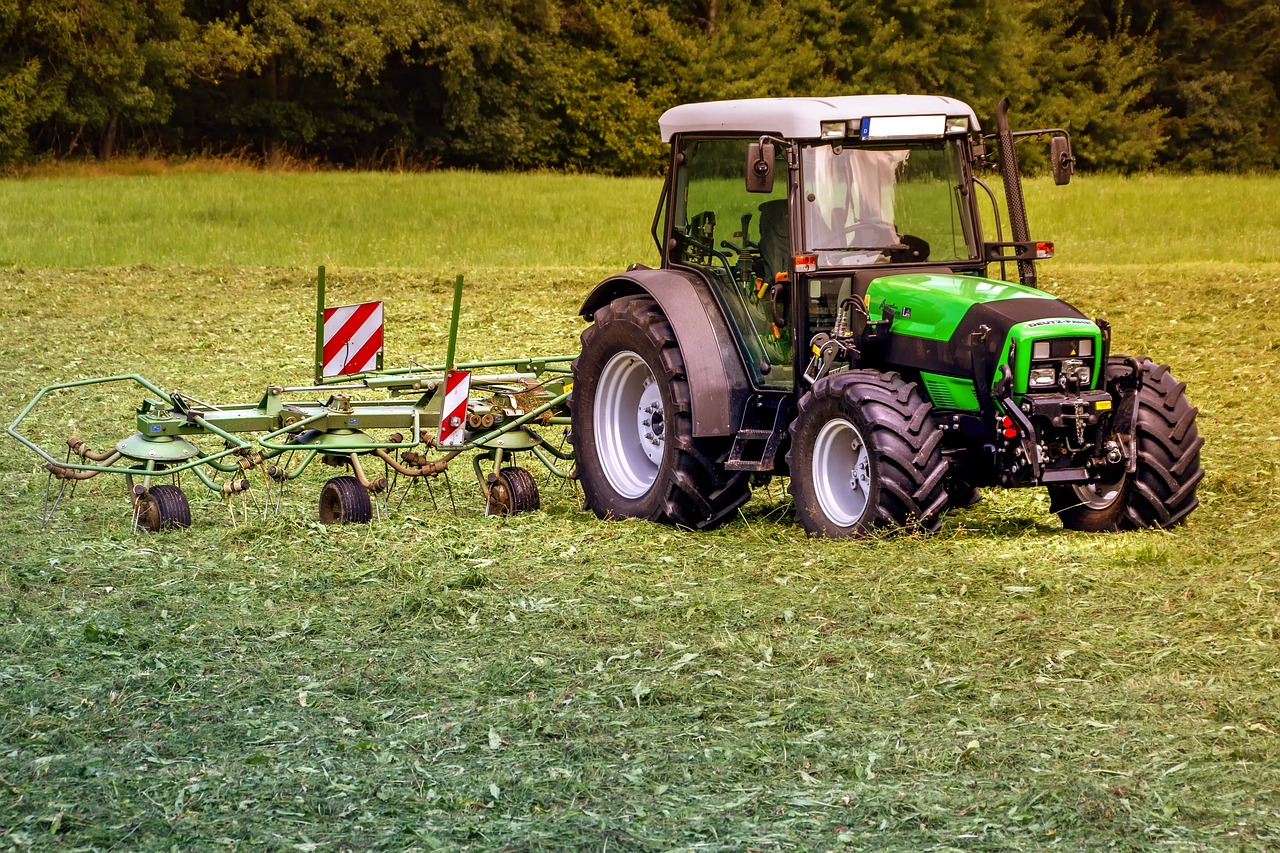Smart Technologies in Agriculture: a Small Overview
For a long time, agriculture was considered a rather traditionalist industry, where centuries-old traditions were preserved and cultivated. But at the same time, progress is gradually helping to develop food production, and hence agriculture. So at one time, from the use of a manual plow, humanity switched to the use of mechanisms and specialized equipment, and natural fertilizers were replaced by the achievements of the chemical industry. Today we are on the threshold of a new era in the AG, which uses not just technology, but high technology. Let’s find out exactly how a new generation of automated technologies can be used in agribusiness using the example of Euristiq, which applies IT developments and technologies to solutions in the field of agriculture.
What Are Smart Technologies and Why Are They Effective in AG
The concept of smart technologies implies several basic principles at once:
- Using algorithms and machine learning to adjust automated systems to the environment and its needs.
- The use of computerized devices as an integral part of mechanization.
- Collection and analysis of data obtained with the help of smart systems and further adjustment of the systems to the data received and the required results.
Let us give an example from the practice of Euristiq. The company’s client needed a solution for the efficient and economical application of herbicides. Standard sprayers used too many substances and could only spray the liquid in the designated area. By developing the concept of intelligent spraying in agriculture, the company was able to create an effective solution that included the following technologies:
- The use of sensors that transmitted information about the presence of weeds in a certain area of the field.
- A computerized system analyzed the need for herbicide spraying and calculated the required amount of substance to treat the site.
- Automated systems set up the spraying of herbicides and carried it out according to a given algorithm.
As a result, the client received significant savings on the consumption of herbicides and labor costs, and at the same time solving the main problem – how to apply herbicides to the right area on time, without the influence of weather conditions.
Several Examples of Intelligent Technologies in Agriculture
In addition to intelligent spraying, several smart technologies are actively used in agriculture today, and another part is under development. Thus, owners of tractors and combines can optimize the operation of their equipment using auto-steer technologies that allow you to automatically develop fields for processing fields, and optimize fuel consumption and staff working time. And with the help of UAVs, both field monitoring and point delivery of fertilizers or pesticides are carried out today.
What Effects to Expect from Applying Smart Technologies in AG
Why is smart technology in AG beneficial, because their development and implementation require a lot of money? In fact, these solutions work in the long term and allow farmers to increase profits through the following effects.
- Increasing yields through the accurate application of fertilizers and herbicides, reducing the risk of errors due to the human factor. Already a year after the start of the application of smart technologies, the yield of fields will increase.
- Reduced costs for the purchase of compounds, their economical consumption, as well as smart control of tractors and combines, which reduces their wear and tear, repair, and fuel costs.
- Reducing the cost of human labor because part of the functions goes into an automated mode and is performed by smart systems.
And, of course, smart technologies help to protect the environment, which is also important for agribusiness, because high demands are made on it.

